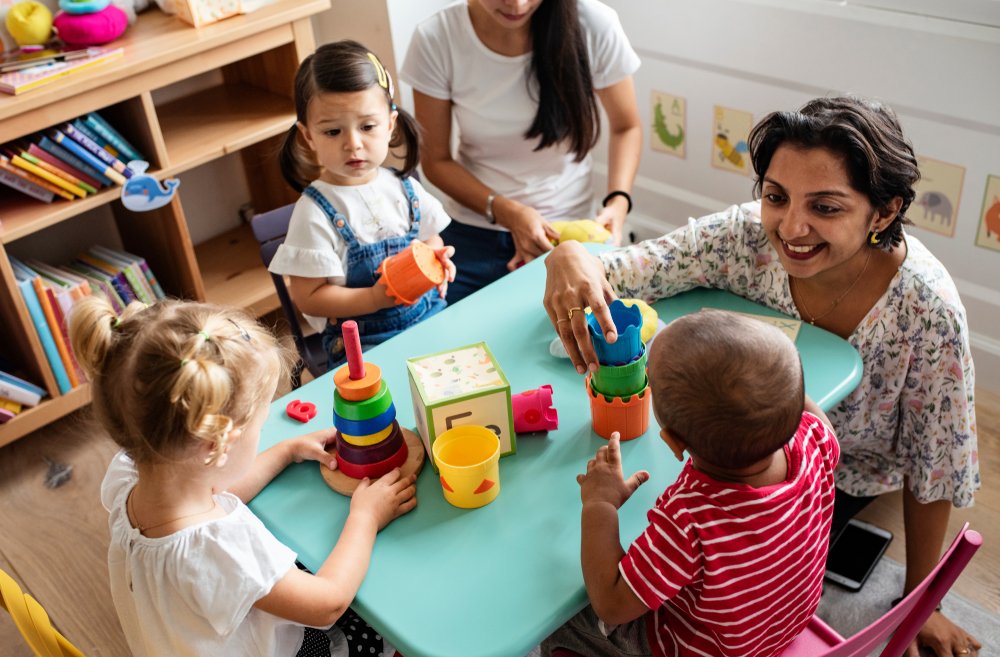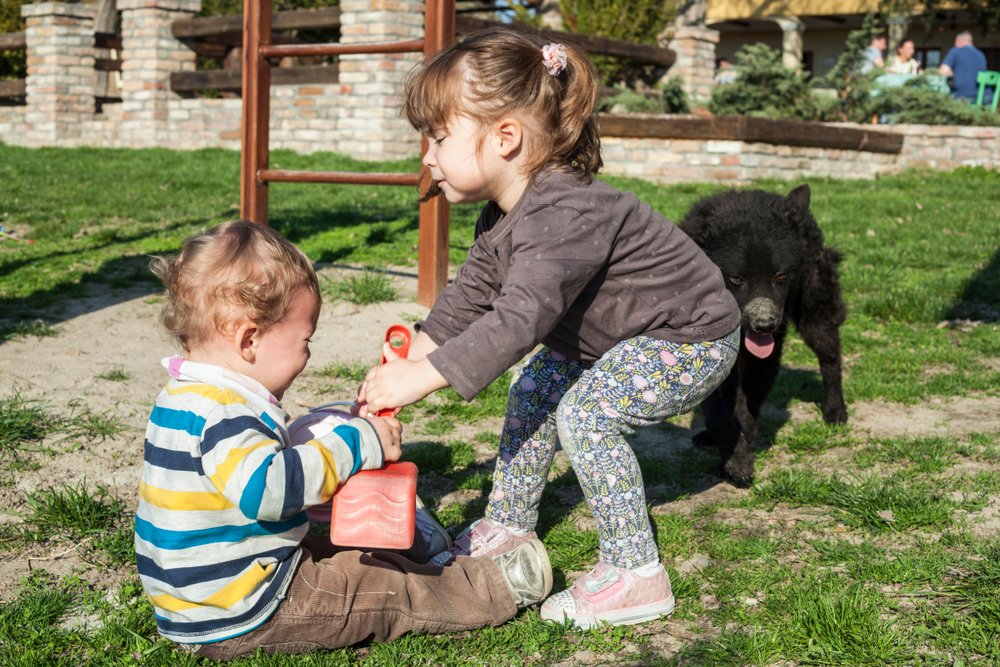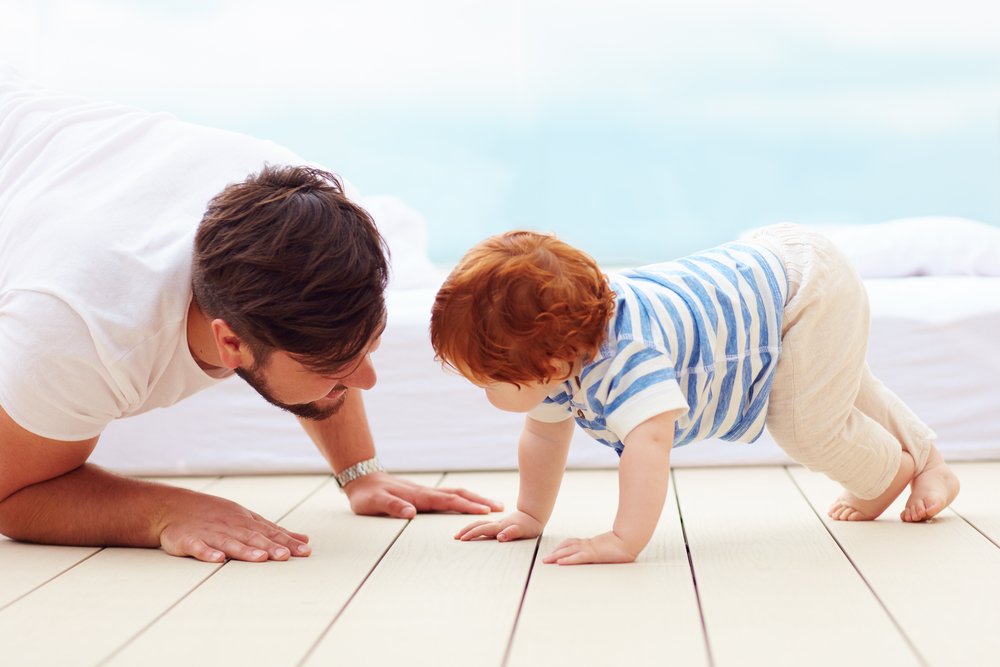
How to practice mindfulness with your child
Key points: 1. Mindfulness practices improve behavior and focus, benefiting children’s language development. 2. Belly breathing helps children calm down and develop proper…
Discover the key milestones of physical, cognitive, linguistic and socio-affective child development and understand the science behind child development.
Discover the key milestones of physical, cognitive, linguistic and socio-affective child development and understand the science behind child development.

Key points: 1. Mindfulness practices improve behavior and focus, benefiting children’s language development. 2. Belly breathing helps children calm down and develop proper…

Key points: 1. Self-regulation is vital for healthy relationships and involves managing emotions, cooperating, handling frustration, and resolving conflicts. 2. Children develop self-regulation…

Key points: 1. Prioritize quality family time to build better habits and accomplish goals together. 2. Encourage better sleep routines and relaxation for…

Key points: 1. Early education can foster fairness in children, leading them to treat others fairly even at personal cost. 2. The Abecedarian…

Key points: Parents are often overloaded during the winter holidays and it’s important to set reasonable expectations and prioritize what’s important. Working together…

Key points: Emotional and social development is just as important as physical, linguistic, and cognitive development for children’s overall well-being and success in…

Key points: Recent studies highlight the importance of children’s right to be heard in matters that affect them. Children are experts in their…

Key points: Children build their self-esteem through experiences and nurturing their confidence. A is for Appreciation – pay attention to your child’s interests…

Key points: Adversity and stress in early childhood can have physical and chemical implications in the brain, damaging learning capacity and putting children…

Key points: Parents need to observe and analyze toddlers’ behaviors to understand what they are trying to communicate. Behavior patterns are crucial in…

Key points: Parenting styles are unique and may vary based on personal values and beliefs. Successful parenting involves a complex relational process that…

Key points: 1. The environment significantly influences a child’s genes and development from before birth. 2. Epigenetics explores how experiences affect gene expression…

Key points: 1. Expressing gratitude leads to being compassionate, generous, happy, and healthy. 2. Nurture gratitude in children by modeling and appreciating them….

Key points: 1. Books prepare kids for school and encourage communication. 2. “The Pout-Pout Fish Goes to School” and “The Kissing Hand” comfort…

Key points: 1. Babies’ brain development depends on responsive interactions with caregivers. 2. “Serve and return interactions” with caregivers are critical for building…

Key points: 1. Limit screen time for kids (2-5 years). 2. Pack appropriate entertainment for the trip. 3. Engage in word games to…

Key points: 1. “Being there” involves serve and return interactions. 2. Occasional lapses in attention are normal. 3. Not all stress is harmful….

Key points: 1. Parents’ emotional state affects children, who absorb emotions from an early age. 2. Practicing mindfulness enhances awareness of the present…

Key points: 1. Baby emotions evolve from simple to complex, influenced by physiological changes and stimuli. 2. Basic newborn emotions are interest, distress,…

Key points: Tantrums are a normal part of toddler development. Understanding your child’s emotions can prevent tantrums. Identify possible tantrum triggers like hunger,…

Key points: The first three years of life are crucial for a baby’s brain development, forming many synapse connections. Positive experiences during this…